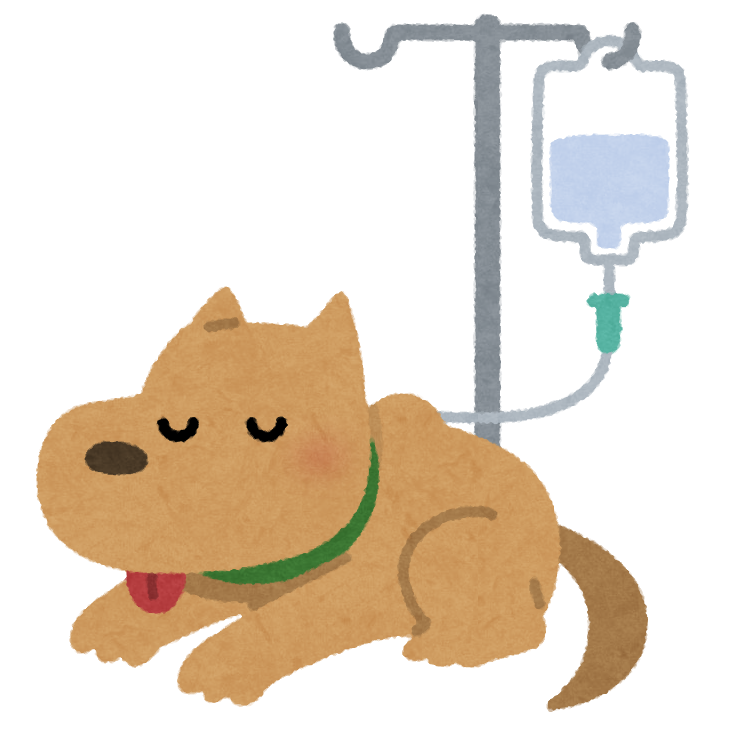Dear Friends,
Our animal companions hold a special place in our hearts, often becoming beloved and esteemed members of our families. Unfortunately, just like humans, many beloved pets, too, face terminal illnesses such as cancer.
According to global statistics from the International Agency for Research on Cancer (IARC), cancer affects millions of pets worldwide. Approximately 6 million dogs and 6 million cats are diagnosed with cancer each year globally. Cancer is a leading cause of mortality in older dogs and cats, highlighting the prevalence and impact of this disease on our beloved furry companions. In this blog post, you’ll find practical ways to support someone facing pet cancer or a terminal illness.
Reach Out and Show You Care

Let your loved one know that you’re there for them during this difficult time. Recognize that it may be challenging for them to reach out. They might find it hard to share their feelings since they worry others won’t understand how deeply they care about their pet’s sickness. While others might not want to be a burden.
Be proactive. You can send them a text message like, Just wanted to let you know I’m thinking of you and Buckeye and sending you both a big hug. Or let them them know when you have time to talk and then just listen. You don’t have to say much, your attention alone can be very comforting. Just knowing you’re there can be enough.
When people stay silent because they worry about saying the wrong thing, it can unintentionally feel like abandonment. Reach out, even a simple message and a heart emoji can be a small way to offer connection in a very isolating time.
Provide Comfort Through Food

When facing pet cancer or a terminal illness, the last thing on a pet parent’s mind may be taking care of themselves. Consider surprising them with something nourishing and easy: a few groceries (like fresh bread, fruit, or even multivitamins), their favorite take-out, hearty soups or other home-cooked meals they can freeze for later.
A thoughtful care package with snacks and herbal tea can go a long way, too. I remember feeling so touched when my best friend surprised me with a care package full of my favorite teas and snacks. I actually broke down and cried. Small gestures like these can make a big difference in brightening someone’s day and reminding them they aren’t alone. It can help your loved one to keep going emotionally and physically.
Be a Supportive Listener

Your loved one may be bombarded with information about their pet’s illness, treatment options and sometimes anticipatory grief. Instead of offering strong opinions or advice, simply be there to listen. Avoid bringing up the end unless they do, as this can be a difficult and sensitive topic. Don’t diminish their feelings with statements like, Well, Buckeye’s had a good long life.
Sometimes just gently asking How was it today? or What do you think? can give them permission to open up without pressure.
Acknowledge their feelings and provide a safe space for them to express their emotions without judgment. If at a loss for words, you can say, I hear you and That sounds really tough. These are both empathetic and supportive.
Offer Practical Support

In addition to emotional support, offering practical assistance can be incredibly helpful. Even small acts can ease the burden. Offer to:
– Run errands like picking up medication, bulky groceries, or pet supplies
– Drive them to vet appointments or sit with them in the waiting room
– Help with simple household chores (laundry, dishes, taking out the trash)
– Prepare a few ready-to-eat meals or drop off snacks
– Pet sit for a few hours so they can nap, shower, take a walk or just breathe
I remember trying to smile and be brave for my dog, but feeling very alone as we went to our weekly vet appointments. Just having someone offer to come with me or even text me afterward would have made a huge difference.
Many pet parents are juggling full-time jobs, emotional strain, and sleepless nights. A little help goes a long way.
When You Can, Give A little Ease

Pet cancer treatment can be financially draining, adding more stress to an already emotional time. The cost of vet bills, medication, and weekly visits can weigh heavily on pet parents, yet many hesitate to ask for help.
If you’re in a position to do so, even a small gesture can make a difference. A gift card to a pet supply store, a handwritten note with a little cash tucked inside, or offering to cover one vet visit …these acts of quiet generosity will never be forgotten.
Your support, however modest, may help lighten their load in a moment when they feel overwhelmed. It’s not about the amount, it’s about the love and care behind it.
Supporting Someone Through Anticipatory Grief
As a pet parent begins to sense the end might be approaching or even fears that it is, grief can arrive long before goodbye. This is known as anticipatory grief, and it can feel just as heavy as loss itself.
If your loved one is going through this, understand that they may be holding a lot inside: fear, sorrow, helplessness, and guilt for mourning ‘too soon.’ One of the kindest things you can do is gently normalize what they’re feeling. You might say something like, It’s okay to feel all of this now. You love them so much.
You can also gently suggest tools that may help. One that was very helpful for me was EFT tapping (Emotional Freedom Technique). There are many free videos available online, including some made especially for pet parents facing anticipatory grief. It may sound simple, but in moments where the fear and grief feels overwhelming, even a small release, a few tears, a deeper breath can make it possible to keep going, to stay present, and to give their beloved companion the care and love they want to offer.
Grief doesn’t wait. But with kindness, neither does support.
If the Time Comes to Say Goodbye
Sometimes, despite all the treatments and hope in the world, a time comes when letting go becomes the kindest thing left. If you’re supporting someone during this moment, the best thing you can do is ask gently and directly: What do you need from me right now?
For some, it might be privacy. For others, presence.
Ask. Let them lead, and follow quietly.
If They Need Gentle Professional Support
If your loved one is going through anticipatory grief or struggling to cope after saying goodbye, I gently recommend Ferris Jay. Her site offers kind, compassionate guidance for pet parents and includes some free resources that I found incredibly helpful during one of the hardest times in my life.
Your presence and support can truly make a world of difference to someone facing the heartbreak of losing a beloved pet. Small, thoughtful actions can bring comfort in ways words sometimes can’t.